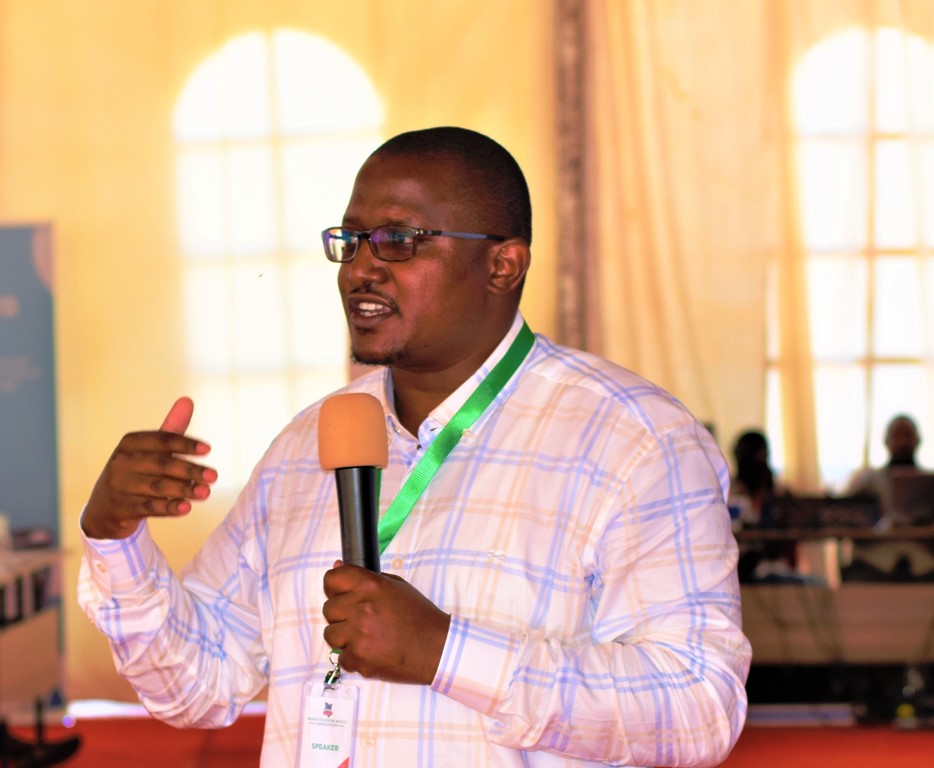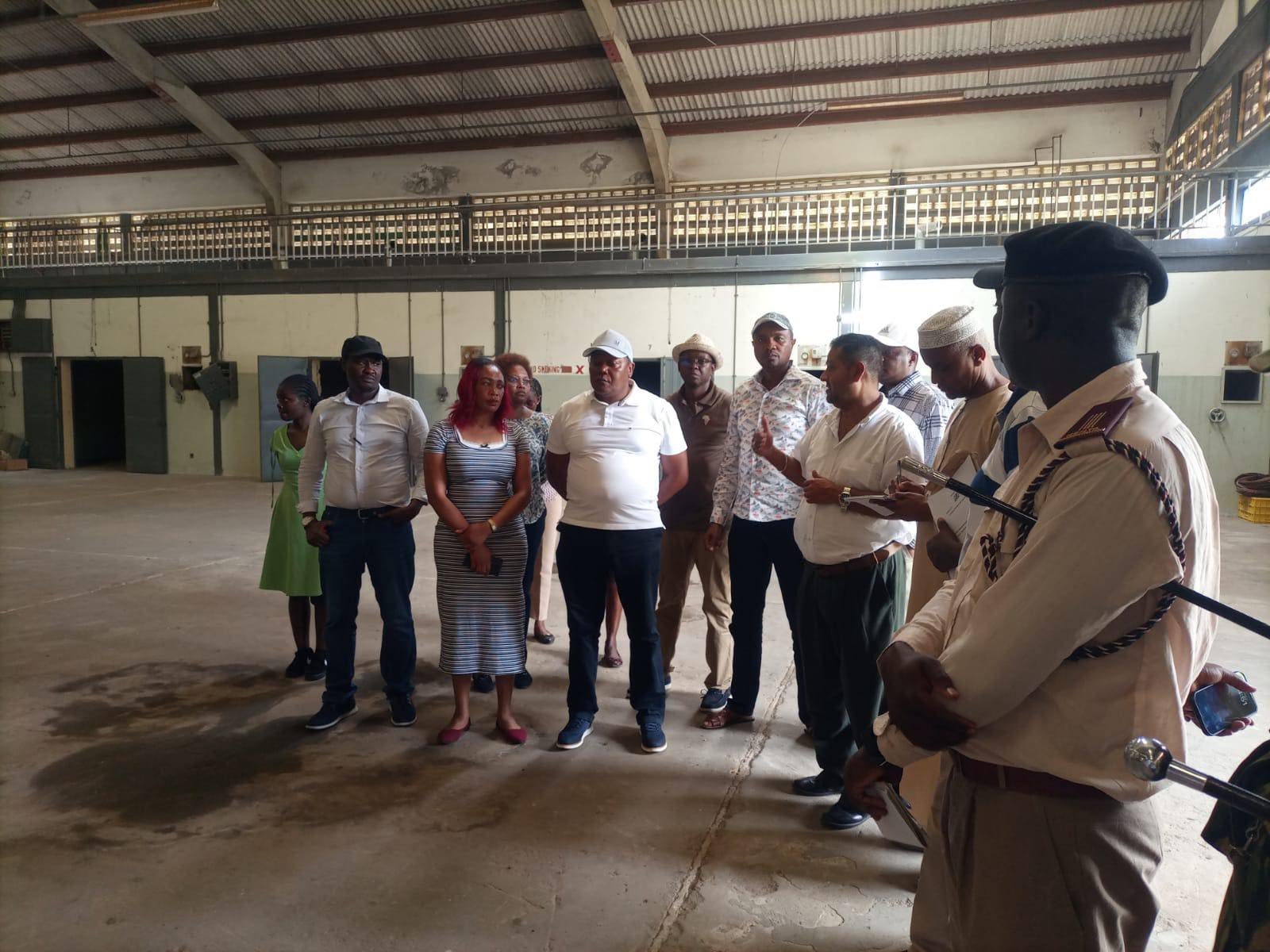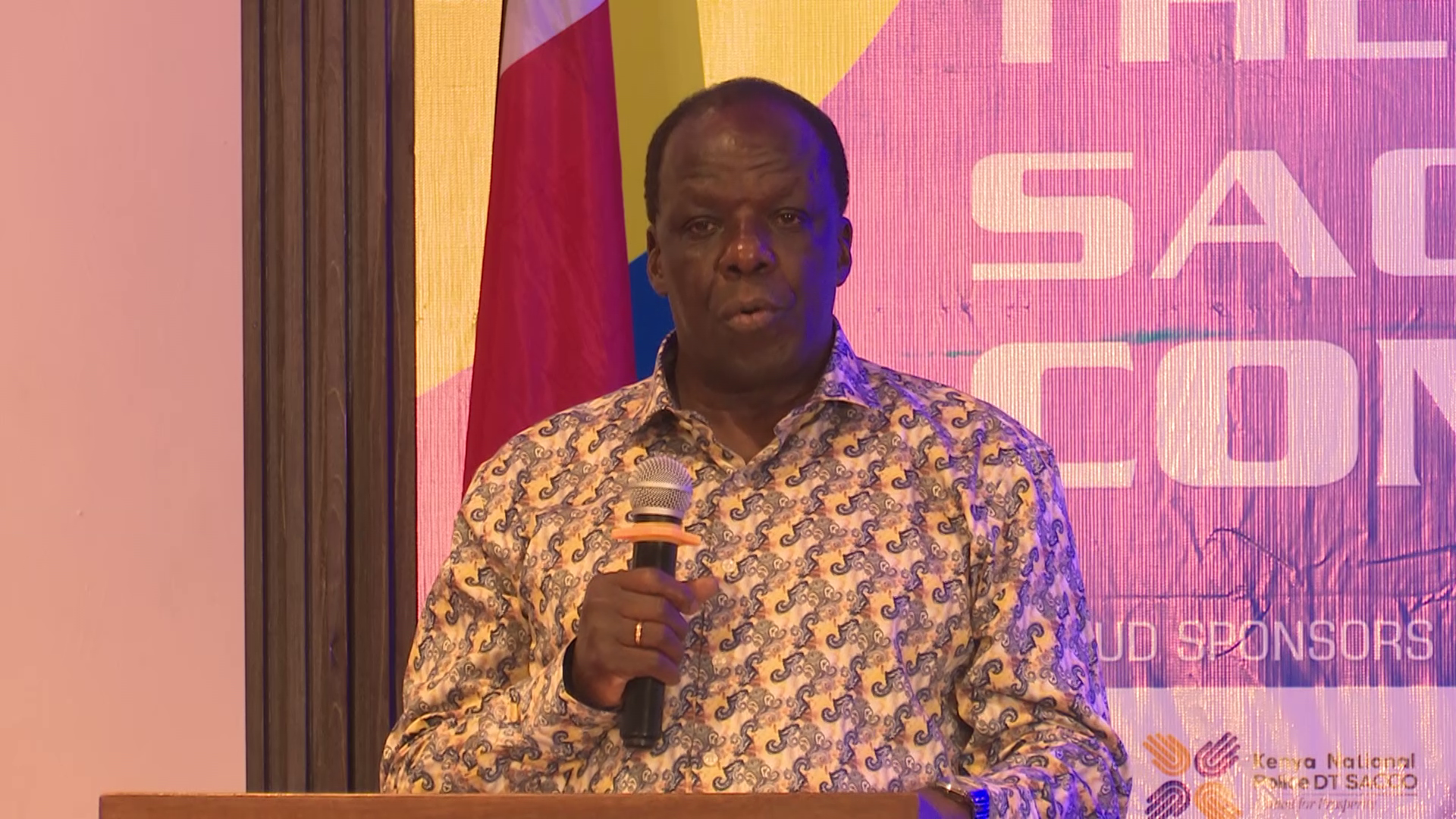By George Otieno
Mombasa County Cooperative Director Nelson Nyoro has pointed out that the justification of Saccos’ existence is their ability to satisfy members’ needs. Speaking during Kenya Teachers Sacco Associations (KETSA) conference in Mombasa aimed at discussing the sustainability of Saccos and the Sacco sub sector, Nyoro stressed that the sustainability of the association rested on its ability to stay, work on a common goal and remain true to its goal of serving members.
He noted that investment in people is a unique, competitive and clear source of capital.
“Saccos need to recruit people with the best talent and invest in training of members to capacity build them so as to help the Saccos grow to the next level,” he said.
Nyoro noted with satisfaction that the recent 100 years Ushirika Day celebrations are an indication that the cooperative business model was sustainable and had the ability to grow and survive.
He urged the industry players to learn the philosophies embraced by the Sacco founders that enabled societies to exist for so long.
“We need to ask ourselves about the sacrifices Sacco founders made. How did they make their financing, borrowing, dividend and recruitment decisions?” He posed.
Nyoro encouraged societies to keep thinking of ways the present generation can consume resources without depleting them for the future generation and come up with relevant solutions for Sacco problems.
“Do not abandon your ideologies,” he advised, arguing that the cooperative business model had sustained itself because it was a Sacco banking model (ideological and premised on cooperative philosophy).
The cooperative director urged the delegates to embrace good governance as a code of honour.
“Delegates should be disciplined and focused on investment as a source of sustainability and growth,” he advised.
He warned that there are times expansion could be termed as indiscipline especially where a Sacco goes into a branch opening spree without capacity, clear feasibility and proper management framework.
Nyoro advised Saccos to look into technology and strong systems if their businesses are to remain sustainable.
“The current business environment only favors institutions that develop and improve their technological infrastructure to compete favourably. How much of your transactions and services are supported by technology? Can your customers access your services at the comfort of their homes without physically looking for you?” He questioned.
On succession management, he urged the Sacco leaders to invest and begin shaping future leaders early.
He also emphasized on the need for Saccos to find solutions to problems before they culminate to serious crisis.
He urged KETSA to think of means of effectively resolving their problems since if one Sacco is affected, all the other Saccos in the association will be affected.
“As an association that closely works together, we should be able to identify one of us who is experiencing difficulties and come to their rescue before things get out of control,” he advised.
He warned Saccos against feeling threatened by factors that necessarily were not meant to drive them out of business. He gave an example of a Sacco feeling threatened by the entrance of a new Sacco in their business environment.
“Another Sacco opening its doors in your neighbourhood doesn’t necessarily make them a competitor or business disruptor,” he advised.
The conference brought together over a hundred and fifty delegates from all member Saccos.



